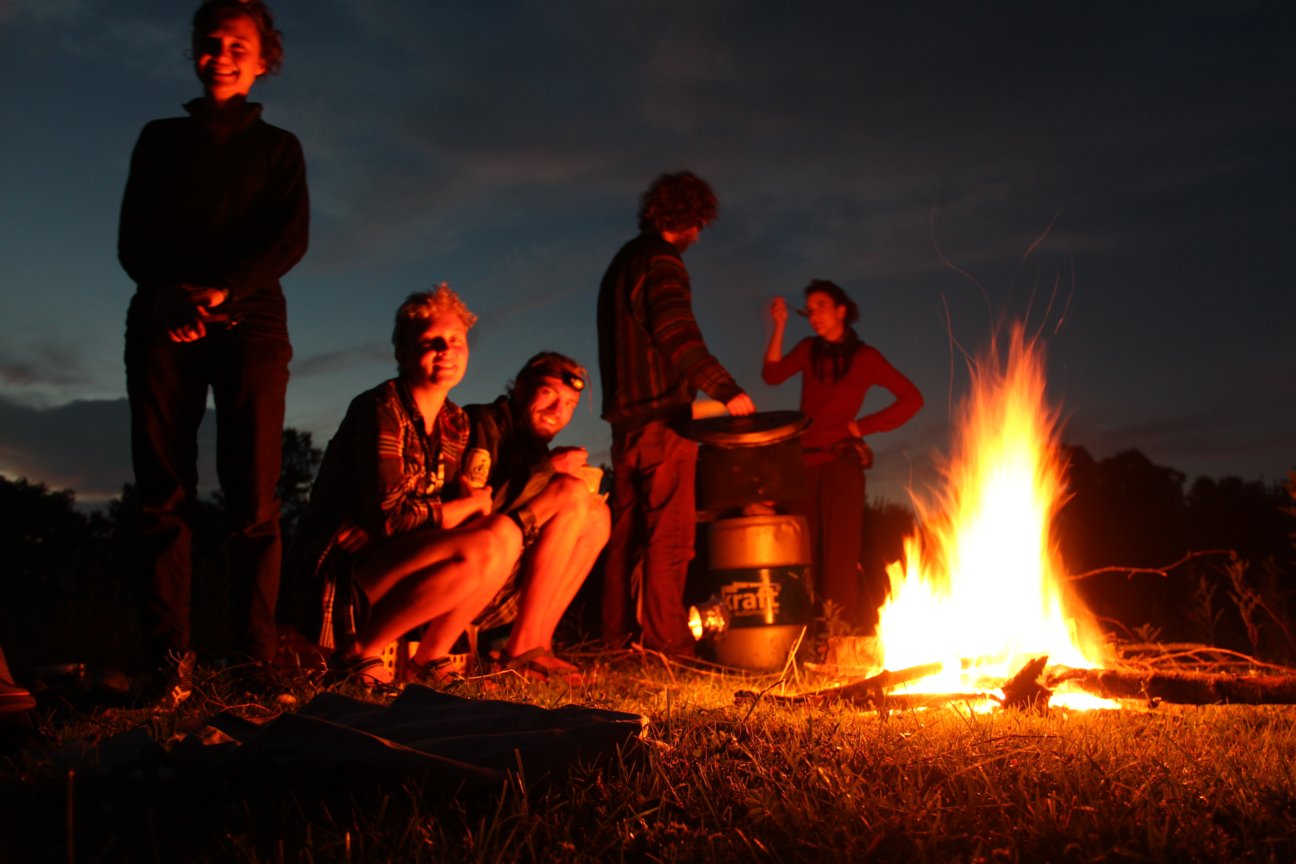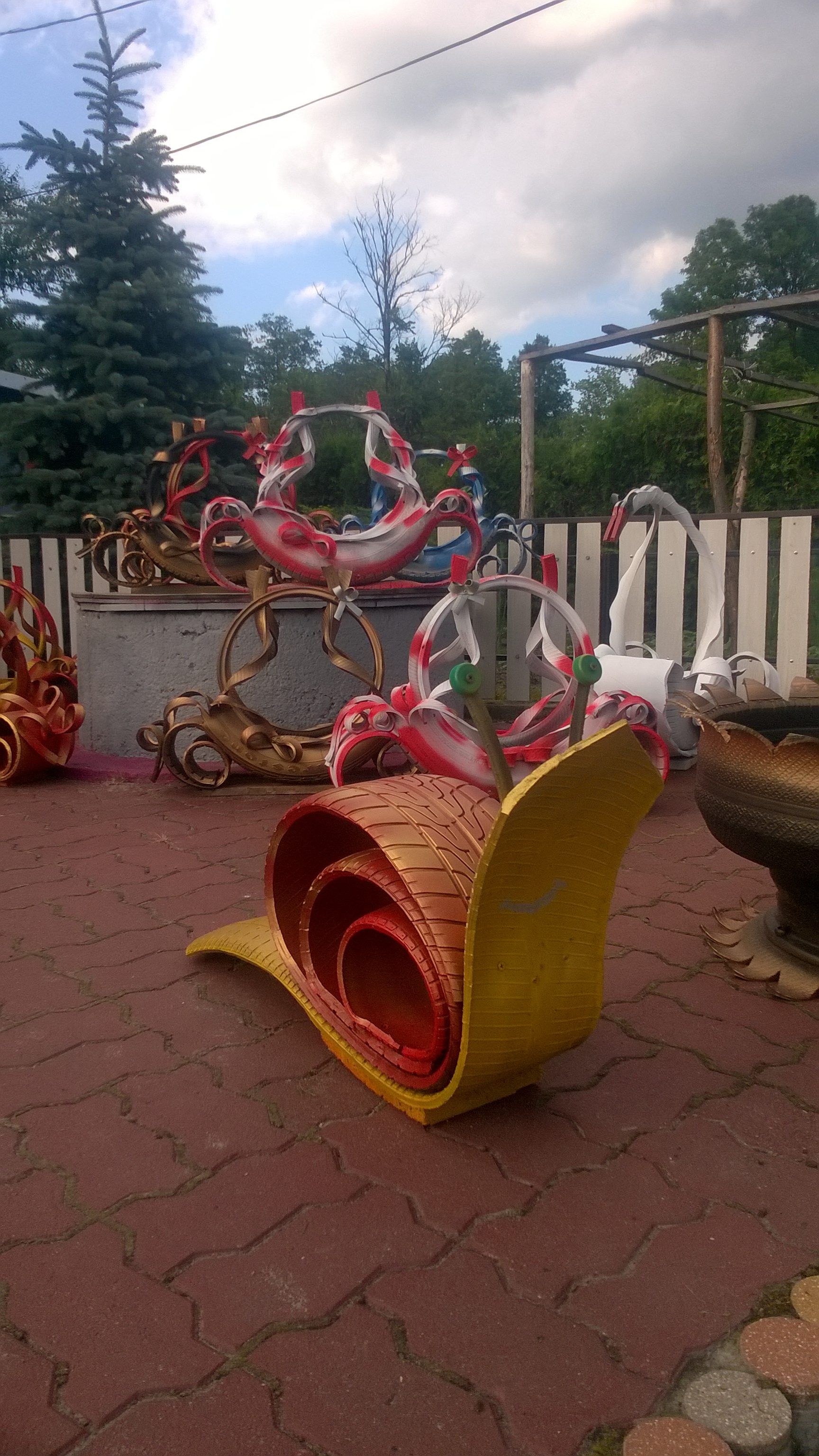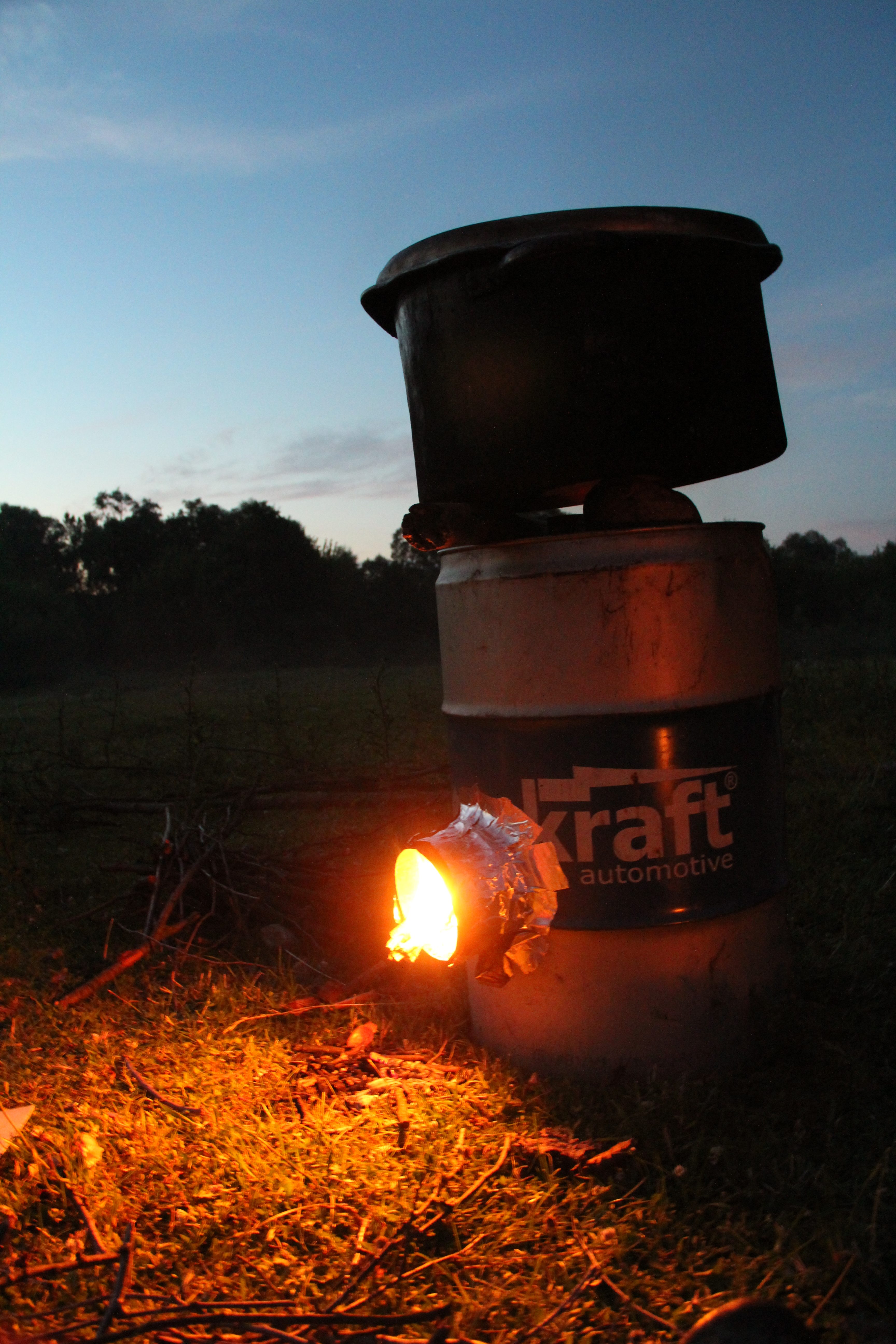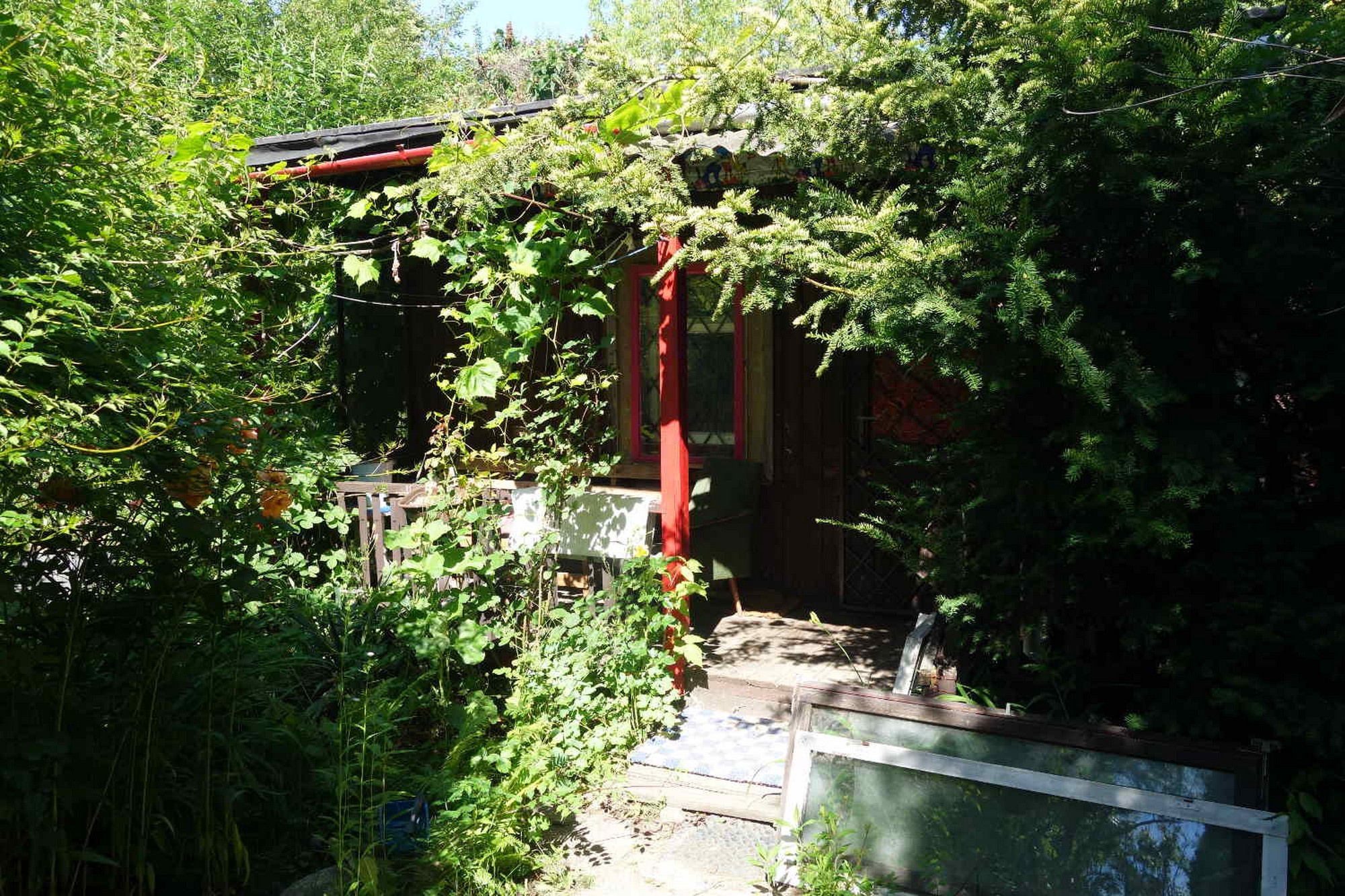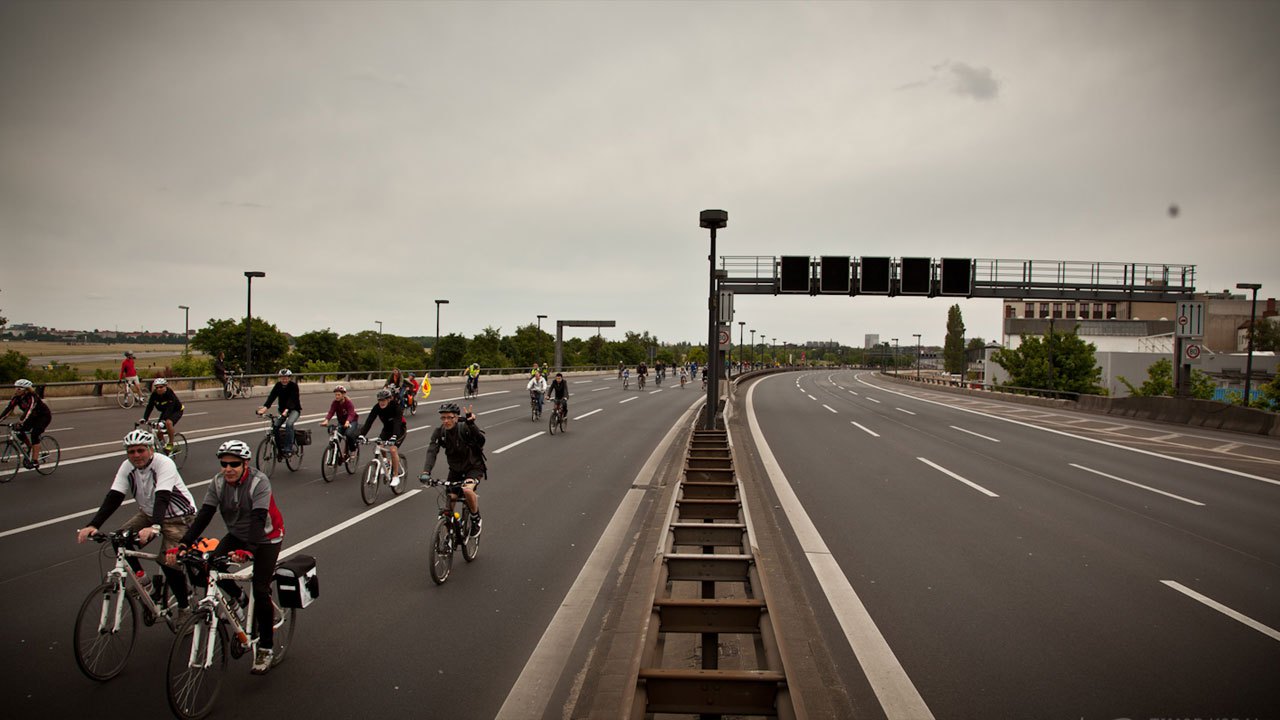Happy birthday Knödel!
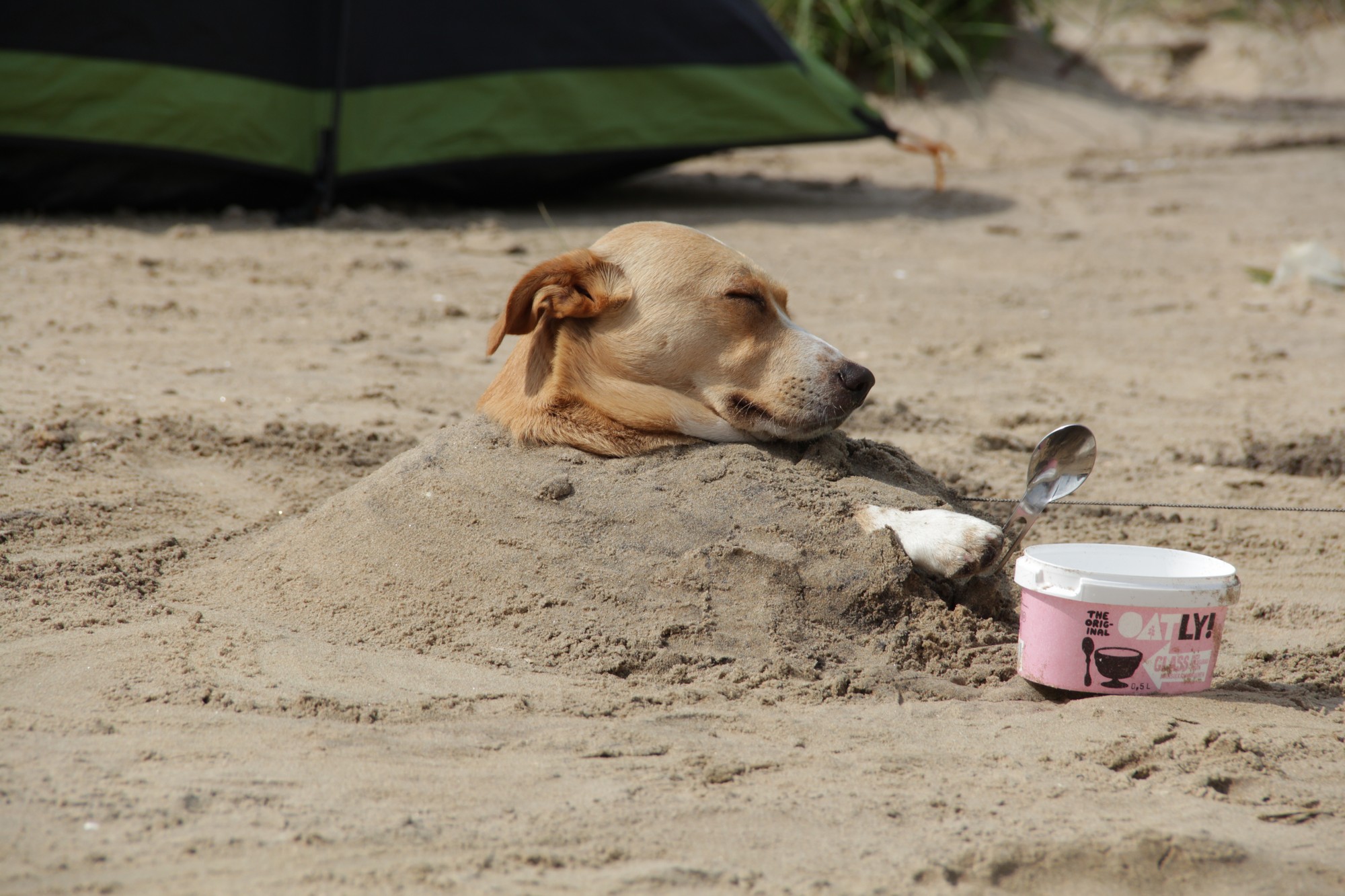
Knödel (dumpling; full name: Eismarillenknödel, ice-cream apricot dumpling) was found on the Biketour in 2014 under a trash-bin in Bulgaria when he was only 2 weeks old. He has spent more than one third of his 2 years of age cycling through more than 20 countries. Knödel likes to play silly games and do silly things, but when someone comes too close to his trailer, he turns into a monster. Today is is second birthday, so here are some particularly unphotogenic photos!







